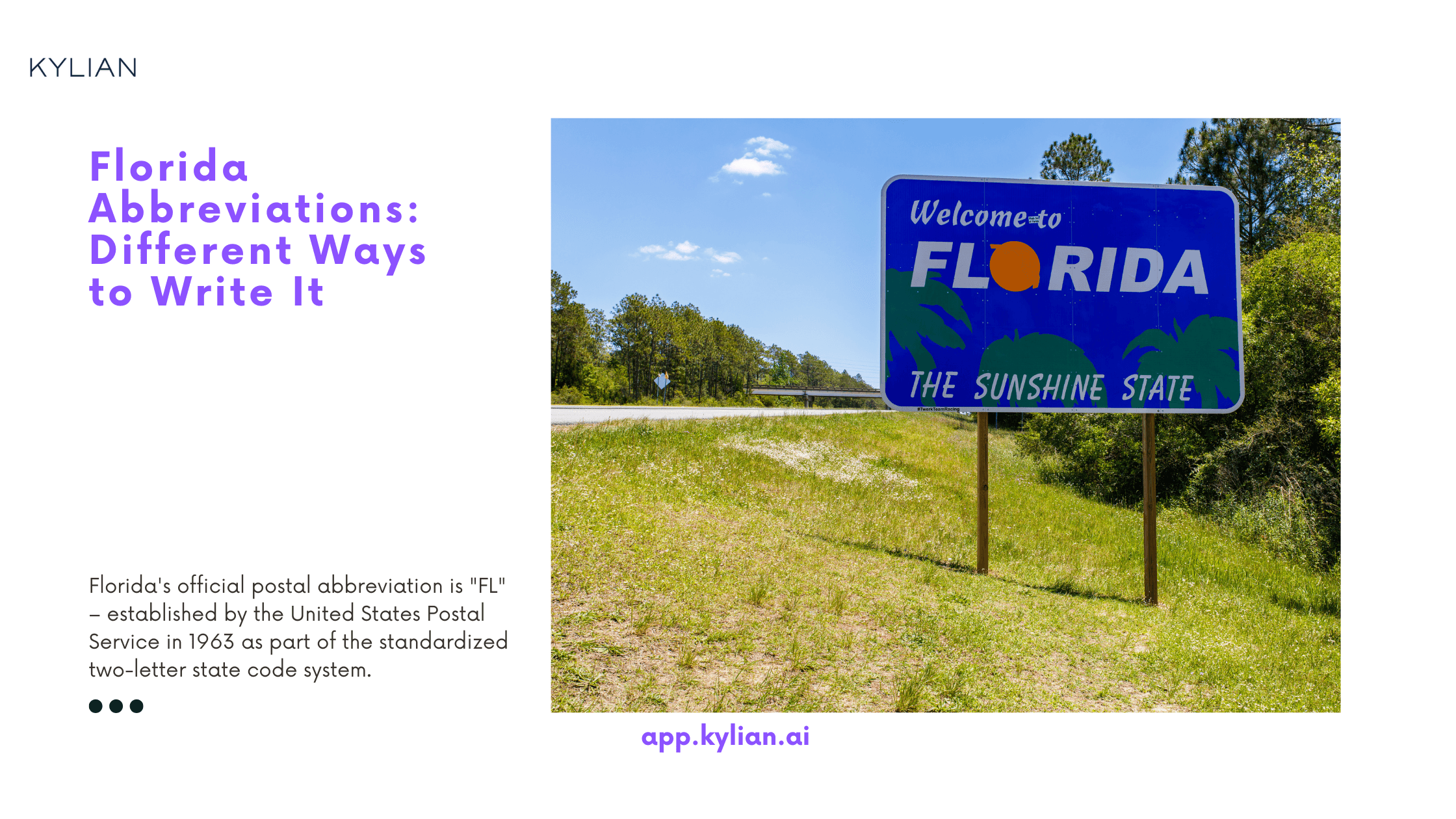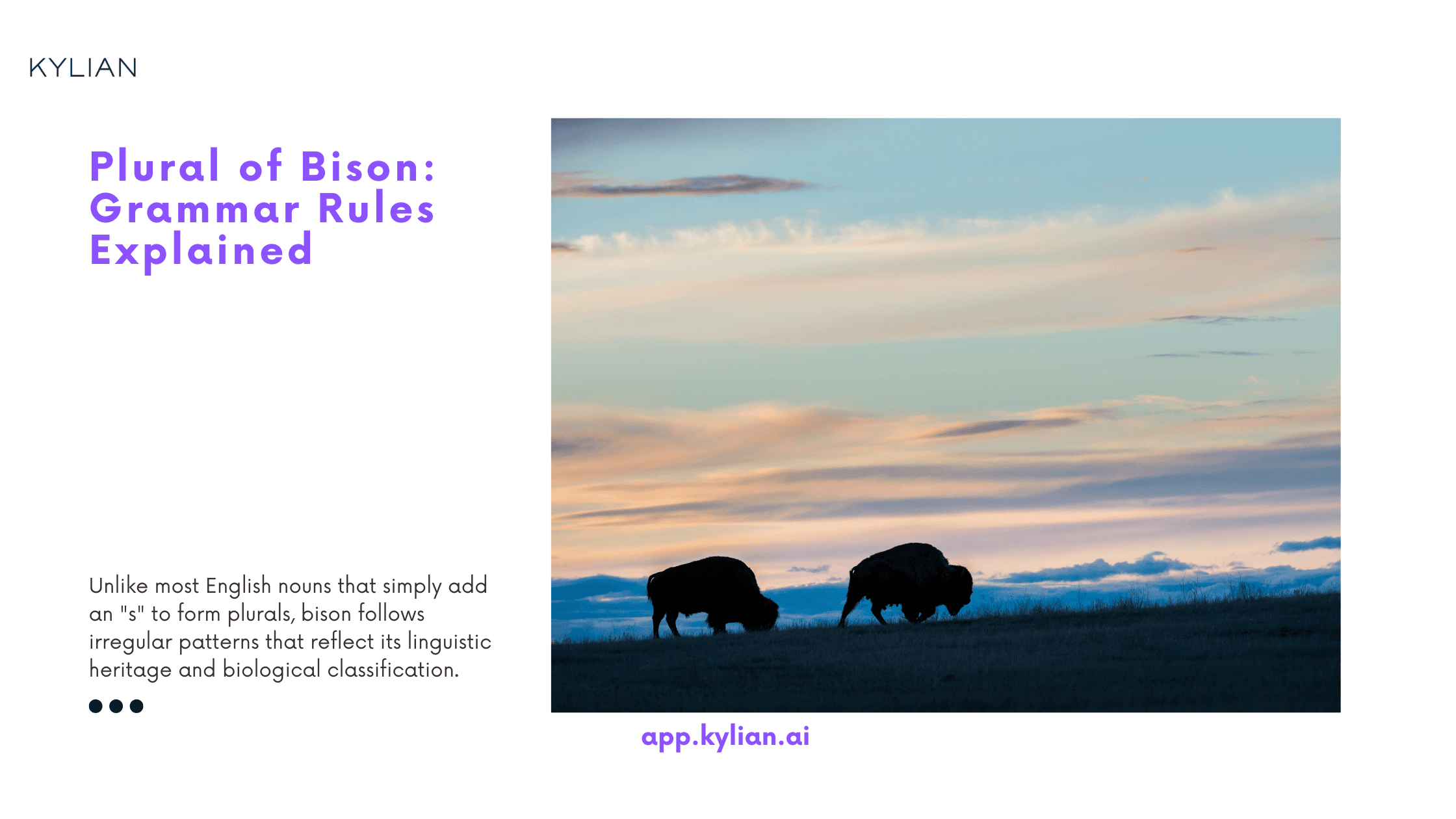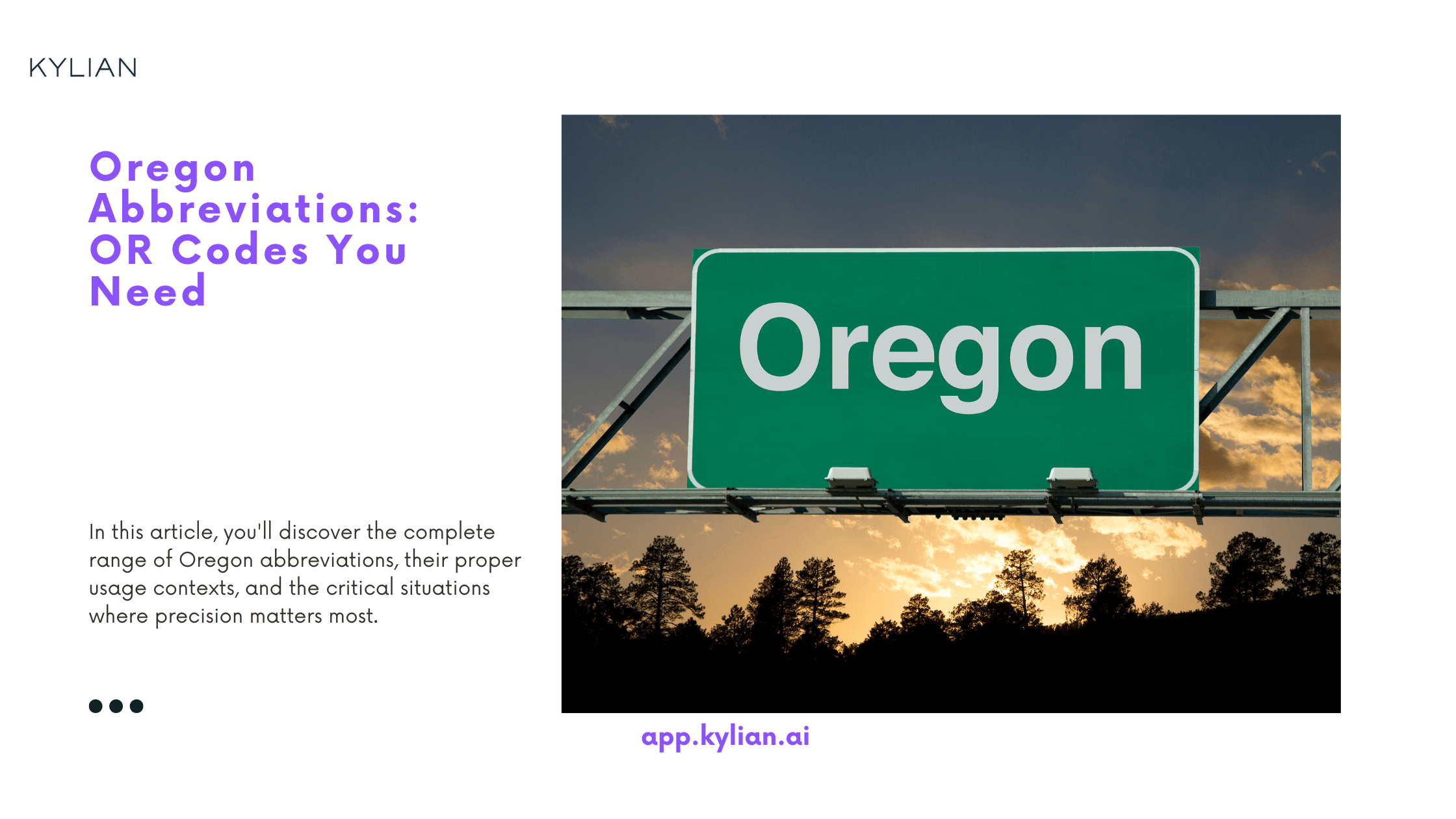

Past Tense of Bind: Different Forms & Usage Rules
The verb "bind" presents unique challenges that distinguish it from regular English verbs. Its irregular conjugation pattern creates confusion for both native speakers and language learners, particularly when forming past tenses and past participles. Understanding "bind" matters because it appears frequently in professional, academic, and technical contexts where precision determines credibility. Legal documents, scientific papers, and business contracts rely on accurate verb forms to convey binding agreements and bound obligations. In this article, we'll examine every aspect of "bind" conjugation, from basic past tense forms to complex contextual applications that native speakers use daily.


Past Tense of Sign: Different Forms & Usage Rules
The past tense of "sign" trips up countless English learners and native speakers alike. The verb "sign" transforms into "signed" in past tense—a straightforward change that becomes complex when you consider its multiple meanings and contexts. Understanding this fundamental verb matters because "sign" appears in professional communications, legal documents, everyday conversations, and digital interactions. Mastering its past tense forms eliminates confusion and elevates your English proficiency across all communication channels.


Abbreviation for Between: Complete Guide to Btw & More
Communication efficiency drives every successful interaction, whether you're drafting a technical report, sending a quick text, or participating in academic discourse. The word "between" appears frequently across all forms of written communication, making its abbreviation not just convenient but strategically valuable for professionals who value precision and brevity. Understanding when and how to abbreviate "between" impacts readability, professionalism, and clarity. This distinction becomes critical when your audience expects formal language versus casual communication. The choice between "btw," "btwn," or spelling out "between" entirely can determine whether your message lands with the intended impact or creates confusion. This article examines the most effective abbreviations for "between," their appropriate contexts, and the strategic considerations that should guide your choice in different communication scenarios.


What is Short Form of President: Ways to Abbreviate
Understanding presidential abbreviations matters more than most realize. Corporate communications, government documents, and academic writing all demand precision when referencing executive leadership. The wrong abbreviation can signal unprofessionalism or create confusion in critical contexts. Presidential titles carry weight, and their abbreviated forms must maintain that authority while serving practical communication needs. Whether you're drafting board minutes, writing policy briefs, or managing international correspondence, knowing when and how to abbreviate presidential titles becomes essential professional knowledge.


Paragraph Abbreviations: Key Ways to Shorten "Paragraph"
Academic writing, legal documentation, and professional communication demand precision in every character. Yet writers consistently waste valuable space and reader attention with unnecessarily verbose references to textual structure. The solution lies in understanding when and how to abbreviate "paragraph" effectively. Whether you're drafting a research paper with strict word limits, creating citation-heavy legal briefs, or developing technical documentation where space matters, mastering paragraph abbreviations eliminates redundancy while maintaining professional standards. The key isn't just knowing these abbreviations exist—it's understanding which contexts demand formal precision versus conversational efficiency.


Florida Abbreviations: Different Ways to Write It
Understanding the correct abbreviation for Florida matters more than most people realize. Whether you're filling out official documents, writing business correspondence, or navigating digital forms, using the wrong abbreviation can cause processing delays, delivery failures, or professional miscommunication. Florida's official postal abbreviation is "FL" – established by the United States Postal Service in 1963 as part of the standardized two-letter state code system. This standardization revolutionized mail processing and remains critical for automated sorting systems that handle billions of pieces of mail annually.


Plural of Bison: Grammar Rules Explained
The plural of bison confuses even experienced writers. Unlike most English nouns that simply add an "s" to form plurals, bison follows irregular patterns that reflect its linguistic heritage and biological classification. Most style guides accept both "bison" and "bisons" as correct plural forms, though scientific literature overwhelmingly favors the unchanged form. Understanding when to use each variant requires grasping the distinction between mass nouns, count nouns, and zoological terminology. The choice impacts credibility in academic writing, wildlife documentation, and professional communication.


How to Respond When a Boy Says Wassup
That moment hits you like a notification ping. Your phone lights up, or he walks up to you, and there it is: "Wassup." Three syllables that somehow carry the weight of every social interaction rule you've ever learned and forgotten. The response you choose matters more than you think. It sets the tone, establishes your communication style, and signals your interest level. Whether this comes from someone you're crushing on, a friend, or someone you barely know, your reply shapes what happens next.


What Are All the Meanings of "Cuenta" in Spanish?
Spanish learners encounter "cuenta" everywhere—in conversations, business dealings, and daily transactions. Yet most dictionaries oversimplify this word's complexity, leaving learners confused when they hear it used in unexpected contexts. The reality is that "cuenta" carries at least seven distinct meanings, each with specific grammatical patterns and cultural implications that determine when native speakers choose it over alternatives. Understanding "cuenta" isn't just vocabulary building—it's unlocking a fundamental piece of Spanish communication that affects everything from banking to storytelling to expressing personal responsibility.


Common Hindi Names: Traditional & Modern Choices
Names carry the weight of cultural identity, family heritage, and personal aspirations. Hindi names, rooted in Sanskrit traditions and shaped by centuries of linguistic evolution, offer a fascinating window into Indian culture and philosophy. Understanding these names matters now more than ever as globalization increases cross-cultural interactions and second-generation immigrants seek to reconnect with their roots. The significance extends beyond mere identification. Hindi names often embody wishes for the child's future, reflect spiritual beliefs, or honor deities and ancestors. This linguistic legacy connects over 600 million Hindi speakers worldwide to their cultural foundation.


Past Tense of Face: Ways to Master It
The verb "face" presents unique challenges that extend beyond simple conjugation rules. Understanding its past tense forms—"faced" for simple past and past participle—requires grasping contextual applications that native speakers navigate intuitively but learners often struggle with. Mastering these forms matters because "face" operates across multiple registers, from casual conversation to formal business communication. The distinction between facing something directly versus confronting it metaphorically shapes meaning in ways that grammar books rarely explain comprehensively.


Past Tense of Enjoy: Know It All
Learning verb conjugations becomes significantly easier when you understand the patterns behind regular verbs. The past tense of "enjoy" follows standard English grammar rules, making it one of the more straightforward verbs to master. Whether you're crafting professional emails, writing academic papers, or engaging in everyday conversation, knowing how to correctly use "enjoyed" and its various forms will enhance your communication effectiveness. Understanding these patterns also builds confidence in tackling similar regular verbs.


Past Tense of Spit: Complete Guide to Spat vs Spit
The past tense of "spit" creates confusion for many English speakers, and rightfully so. Unlike regular verbs that simply add "-ed" to form their past tense, "spit" follows an irregular pattern that has evolved over centuries of English usage. Understanding this verb's conjugation matters because "spit" appears frequently in both literal and figurative contexts. Whether you're describing someone expelling saliva, a fire crackling and spitting sparks, or using expressions like "spitting image," knowing the correct past tense forms prevents communication errors and enhances your credibility as a speaker or writer.


What Does 'Bookie' Mean? Complete Guide to English Slang
You've encountered native English speakers using "bookie" in conversations, but the meaning remains unclear? Understanding this slang term matters because it appears frequently in American culture, from casual conversations to media references, and misinterpreting it can lead to communication gaps that affect your comprehension of English-speaking environments. "Bookie" fundamentally refers to a person who accepts and pays off bets on sporting events or other competitions, operating as an intermediary in gambling transactions. This term carries significant cultural weight in English-speaking societies, particularly in contexts involving sports betting, underground gambling, and organized crime narratives that permeate American entertainment.


Gallon Abbreviation: Different Ways to Write It Right
Measurement precision matters in professional communication, technical documentation, and everyday writing. The gallon abbreviation appears across industries from automotive to agriculture, yet inconsistent usage creates confusion and potential costly mistakes. Understanding proper gallon abbreviation usage prevents miscommunication in technical specifications, purchasing orders, and regulatory compliance documents. Whether you're documenting fuel consumption, liquid storage capacity, or chemical formulations, precision in abbreviation usage demonstrates professional competence and attention to detail.


Fo Sho Meaning: Master This Essential American Slang
So you hear American English speakers say "fo sho" but struggle to grasp its meaning and proper usage? This expression represents more than casual slang—it's a linguistic marker that signals cultural fluency and authentic communication in American English. "Fo sho" serves as an emphatic affirmation meaning "for sure," "definitely," or "absolutely," but its significance extends far beyond simple agreement. Understanding "fo sho" matters because it bridges the gap between textbook English and the language Americans actually speak. This expression appears across diverse contexts, from casual conversations to professional networking, and mastering its usage demonstrates sophisticated understanding of American communication patterns.


Oregon Abbreviations: OR Codes You Need
State abbreviations matter more than most people realize. Whether you're filling out official documents, writing addresses for business correspondence, or completing online forms, using the wrong abbreviation can delay processing, create confusion, or even invalidate submissions. Oregon's standard abbreviation is "OR" – a two-letter postal code that became official in 1963 when the United States Postal Service standardized state abbreviations. This seemingly simple detail affects everything from mail delivery efficiency to database management systems across industries. In this article, you'll discover the complete range of Oregon abbreviations, their proper usage contexts, and the critical situations where precision matters most.


What Does Peeps Mean in Slang?
So you hear English native speakers say 'peeps' but don't know what it means? The disconnect between formal English education and contemporary slang creates a communication gap that affects millions of learners daily. Understanding 'peeps' matters because it represents how language evolves organically within communities, and missing these nuances can leave you feeling excluded from casual conversations. 'Peeps' is a casual slang term that primarily means "people" - specifically referring to one's friends, social circle, or group of acquaintances. This contraction emerged from African American Vernacular English (AAVE) and has permeated mainstream American English, particularly among younger demographics. The term carries connotations of familiarity, belonging, and social connection that the formal word "people" simply cannot convey.


Status Plural: Complete Guide to Correct Usage
Language precision matters. When professionals stumble over whether to write "status" or "statuses" in their reports, emails, and presentations, credibility takes a hit. The plural of status has sparked debates in boardrooms and editing rooms alike, yet the answer is more straightforward than most realize. The correct plural of status is "statuses." While some argue for "stati" based on Latin etymology, modern English usage and major dictionaries universally accept "statuses" as the standard form. Understanding this distinction prevents communication errors that can undermine professional authority. In this article, we'll dissect every aspect of status pluralization, examine common misconceptions, and provide practical applications that transform uncertainty into confident usage.


How to Use Do, Does, and Did in English
English auxiliary verbs carry more weight than most learners realize. The verbs 'do', 'does', and 'did' function as the structural backbone of English communication, yet their misuse creates immediate barriers to professional credibility and clear expression. Understanding these three words transcends basic grammar—it determines whether your English sounds natural or forced, confident or uncertain. In English, 'do' serves as both a main verb meaning "to perform an action" and an auxiliary verb that supports other verbs in questions, negatives, and emphatic statements. 'Does' functions identically to 'do' but applies specifically to third-person singular subjects (he, she, it). 'Did' represents the past tense form of both 'do' and 'does', handling all subjects regardless of number when referring to completed actions.


Tomatos or Tomatoes: Master English Plural Rules
The English language presents a fundamental challenge that trips up even advanced speakers: when do we write "tomatos" and when do we write "tomatoes"? This distinction matters because it reflects deeper patterns in English pluralization that extend far beyond this single word. Understanding this rule correctly positions you to handle hundreds of similar cases with confidence. In English, "tomato" becomes "tomatoes" in its plural form, never "tomatos." This follows a specific grammatical pattern for nouns ending in -o preceded by a consonant. The distinction carries weight in professional communication, academic writing, and daily conversation where precision signals competence.
![Washington Abbreviations: State Codes [WA]](/_next/image?url=https%3A%2F%2Fcdn.sanity.io%2Fimages%2F147z5m2d%2Fproduction%2Fe0b5cd3f41b9e656f3f7db5a52c6f17ab7e5a95d-2240x1260.png&w=3840&q=75)

Washington Abbreviations: State Codes [WA]
Washington state communications demand precision. Whether you're addressing mail, completing forms, or writing official documents, understanding the correct abbreviation for Washington eliminates confusion and ensures professional accuracy. The standard postal abbreviation for Washington is "WA" — a two-letter code established by the United States Postal Service. However, multiple abbreviation formats exist depending on context, formality, and specific usage requirements. In this article, we'll explore every Washington abbreviation you need to master for different professional and personal situations.


Rather Than vs Rather Then: Master These Critical Phrases
The English language presents countless opportunities for confusion, but few mistakes carry as much weight in professional communication as confusing "rather than" with "rather then." In English, "rather than" functions as a conjunction or preposition indicating preference or contrast between two options, while "rather then" represents a sequence of time where something happens first, followed by another action. This distinction matters because these phrases serve fundamentally different grammatical purposes. When you write "I prefer coffee rather than tea," you're making a comparative choice. When you write "I'll finish this project, rather then move to the next one," you're describing a temporal sequence—though this usage appears far less frequently in modern English. The critical insight here is that most English speakers encounter "rather than" in 95% of contexts, making "rather then" the exception that proves the rule. Understanding this frequency distribution helps explain why confusion persists and why mastering the distinction elevates your communication precision.


Aye Slang Word: Master Scottish English Like a Native
You encounter Scottish speakers using "aye" in conversations, films, or social media, yet its precise meaning and usage patterns remain unclear. This comprehensive analysis of "aye" in Scottish English reveals why this single syllable carries more linguistic weight than most realize. "Aye" functions as the Scottish English equivalent of "yes," but reducing it to a simple affirmative response misses its cultural significance and grammatical complexity. This word represents a fundamental aspect of Scottish linguistic identity, distinguishing regional speech patterns while serving multiple communicative functions that extend far beyond basic agreement.